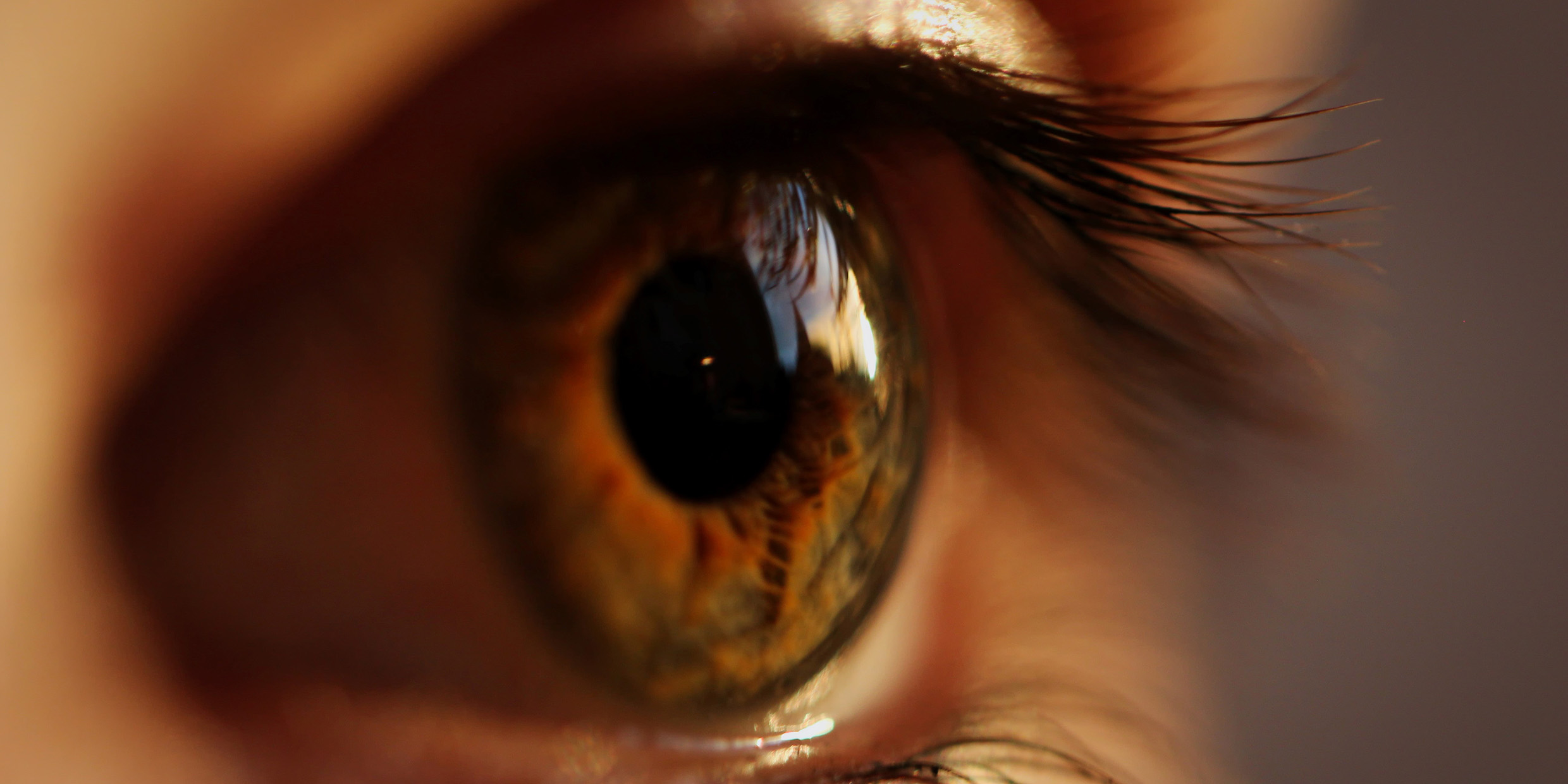Originally published 31 July 2005
The philosopher René Descartes insisted that body and soul are separate things. “I think, therefore I am,” he famously said. His “am” was not flesh and bone.
Science overwhelmingly refutes Descartes. “I am, therefore I think,” is closer to the modern view. The soul as a thing separate from the body has been hunted to its lair. The lair is empty.
Biology and neuroscience have not found the slightest evidence that a human self can exist independently of the body — not even a glimmer of body-soul dualism.
Whatever the soul is, it is inextricably wrapped in flesh. We are, for better or worse, thinking meat.
So what, then, is a self?
We might begin our search for self in the trillions of cells that make up our bodies, which share the same genes. Forensic scientists can identify the perpetrator of a crime from a single hair or drop of semen. To the DNA scientist, a scrap of my skin is recognizably me.
A second approach to self is embedded in the human immune system. Our bodies have astonishingly complex defenses against non-self invaders that can cause us harm. If it weren’t for our immune systems, non-self pathogens and parasites might quickly destroy us. How the body recognizes threatening non-self (germs, snake venom) from harmless non-self (food, fetus) is one of the most intriguing problems being investigated in science today, and one of paramount importance to medicine.
Of course, none of this is what we usually mean by self when we say “I love you,” “I’m depressed,” “I stubbed my toe,” or “You deceive yourself.” Personal pronouns assume a self that is more than genetics or immunology. But even this conscious self — this tangle of remembered experience — is embedded in collections of interacting neurons, as brain studies make crystal clear.
The nervous systems of higher animals presumably evolved out of the need for central control of the body’s many organs — heart, lungs, viscera, liver, adrenal medulla. Clearly, any system capable of coordinating a body-wide response to danger signals, or even to coordinate the need for rest and digestion, has a high survival value and will be favored by natural selection.
Eventually, evolving nervous systems gave rise to the human brain and self-awareness.
As the creature with the most complex nervous system, we like to think of ourselves as somehow qualitatively different from other animals; thus our affection for the idea of a uniquely human disembodied soul. We like to imagine that our selfhood can float free of our physical bodies.
But everything we have learned about the human self — from genetics, immunology, neurobiology, and reproductive science — confirms that our selfhood is only the most elaborate of evolution’s many levels of cellular organization.
To my way of thinking, this does not lower our stature in the universe, but rather makes us part and parcel of the greatest miracle of all — life’s grand thumbing-of-its-nose at nature’s law of entropy, which requires the universe to eventually grind every complexity to dust.
Many of us were raised to believe in a self that only temporarily resides in a physical frame. The soul is there at the beginning, we were told, fully formed, in the fertilized egg. It survives the body’s death and lives forever. This idea of an immaterial, immortal self is perhaps the most cherished of human beliefs. We cling to it. We desperately want it to be true.
But not a whit of empirical evidence confirms its existence.
I look at the trillions of interacting cells that are my body, the webs of flickering neurons that are my consciousness, and I see a self vastly more majestic than the paltry little soul illustrated in my grade-school catechism as a white circle besmirched with sin. The more I learn about the machinery of life and consciousness, the more profoundly miraculous the self becomes.
We are earth, air, fire, and water made conscious. The self comes into existence slowly as cells divide, multiply and specialize, guided by the DNA, organized by experience. When the organization of cells disintegrates, the self is gone.
If to have a soul means anything at all, it means to be confident in our specialness, our uniqueness, our individual significance in the unfolding cosmos. It means to believe that every human life is precious and capable of ennobling the universe.
The Judeo-Christian Scriptures tell us that God created the first human being out of the slime of the earth, breathed life into his creation and pronounced it good. The myth is consistent with our current understanding of the nature of the soul. According to the best contemporary science, we are literally animated slime. Now we must re-learn to think ourselves “good.”



